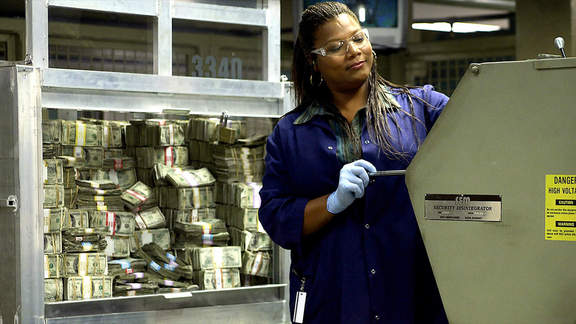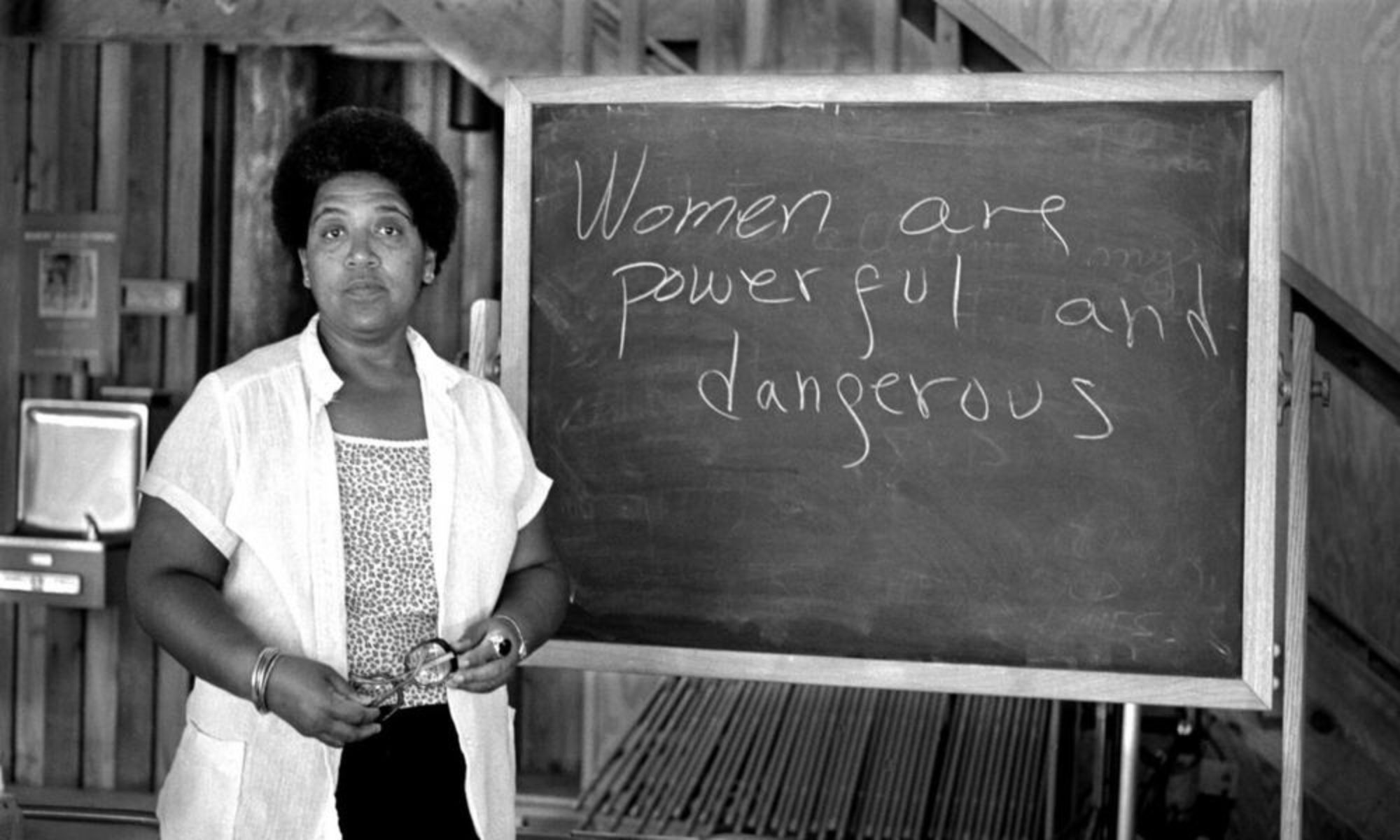
The film Mad Money is a film that follows three woman and their attempts to scam and steal money from the United States Federal Reserve. The heist goes awry when they begin to get greedy and rash with their strategies.
The film relates to women’s, gender, and/or sexuality studies because it follows the plot of three women leading and engaging in criminal activity; such roles are usually held for men. The women involved also come from different worlds. The ring leader, Bridget is an older upper-middle-class white woman, Nina is a lower class single mother with two children, and Jackie is a ditzy diabetic living in a trailer with her boyfriend. *Bridget does not fit the typical lead female role, because she is on the older side and she doesn’t dress provocatively*.
Bridget has to begin finding a job and make money after her husband’s business gets downsized. Since he is no longer the breadwinner and they are now $286,000 in debt, they must sell their home. Her husband, Don, gets discouraged and lazy, but Bridget remains levelheaded, attempting to find a problem to a solution. Women in hindsight are usually the ones portrayed as being dramatic and hysterical but here is the first instance in role reversal. She attempts to find work but hasn’t worked in years as she’s been busy raising a family. She has a college degree in comparative literature and no software skills. Her housekeeper Selena suggests a position for her at the US federal reserve bank as a janitor after her check bounced.
In the US Federal Reserve bank, those in charge are men in suits, who’s duties involve keeping track of the bank’s security. Bridget soon meets Nina as she is shredding the old worn-out money by the tons.

While seeing a master lock while shopping, Bridget gets an outrageous idea to steal from the bank. She then begins to plot out her course of action by assessing a cash movement chronology. She begins to befriend those closest to the money. The greed and desperation of her situation consume her sensibility, forcing Bridget to want more, but she can’t do it on her own so she recruits a few friends and her husband. To scope out who she could trust to keep their lips sealed she drops a $10 bill by a vending machine and asks if a guy had dropped his money, he says “no, I better return it”.
In the next scene, Nina gets harassed by a security guard. He calls her baby and says how he’s cuckoo for her coco puffs while looking down at her chest. Nina turns the table and disses the guard and he retaliates by speaking derogatorily about women by saying “You gotta howl at the bitches”. He then proceeds to catcall the next women in line.
Bridget successfully convinces Nina by showing her what she could do with the money. Since mothers want the best for their children, Bridget sends Nina pamphlets on good schools because she wants her sons to attend a school that prioritizes education so they have the opportunity to escape their rowdy and violence-stricken neighborhood. A final pawn in this operation is a ditzy, diabetic woman named Jackie. She is the easiest to convince.
Their plan works and they are able to leave with a lot of money. Nina uses her feminine charm on the second security guard that likes her. Her body is convincing as she raises her pitch, smiles, and compliments him. After she gets what she wants she denies him and walks away when he asks her on a date.
The next scene shows them counting money and celebrating because they successfully intercepted one of the toughest federal institutions in the country.
Bridget goes off the deep end and gets greedy, straying from their original plan of getting what they need and getting out. Suspicions run high.

To get the second security guard on their side Nina’s friends convince her to date him and use him, but he doesn’t want her for sex because she’s worth more than that. Bridget’s husband, Don, gets involved because he feels he’s losing his wife and he wanted to feel needed because she’s was relying less on him but more on herself.
Although they get caught in the end they all have each others’ back and since there’s no tangible evidence that they stole the money they are released under the condition that they walk away empty-handed.

This movie was an excellent depiction of how money and the love of it can change a person, but their friendship was strong and these women stayed with one another through it all. Relating to women’s studies, the lead characters faced objectification and were doubted for their abilities but used what was available against the men around them as a way to regain control of the situation and find success in the grand schemes of things.


